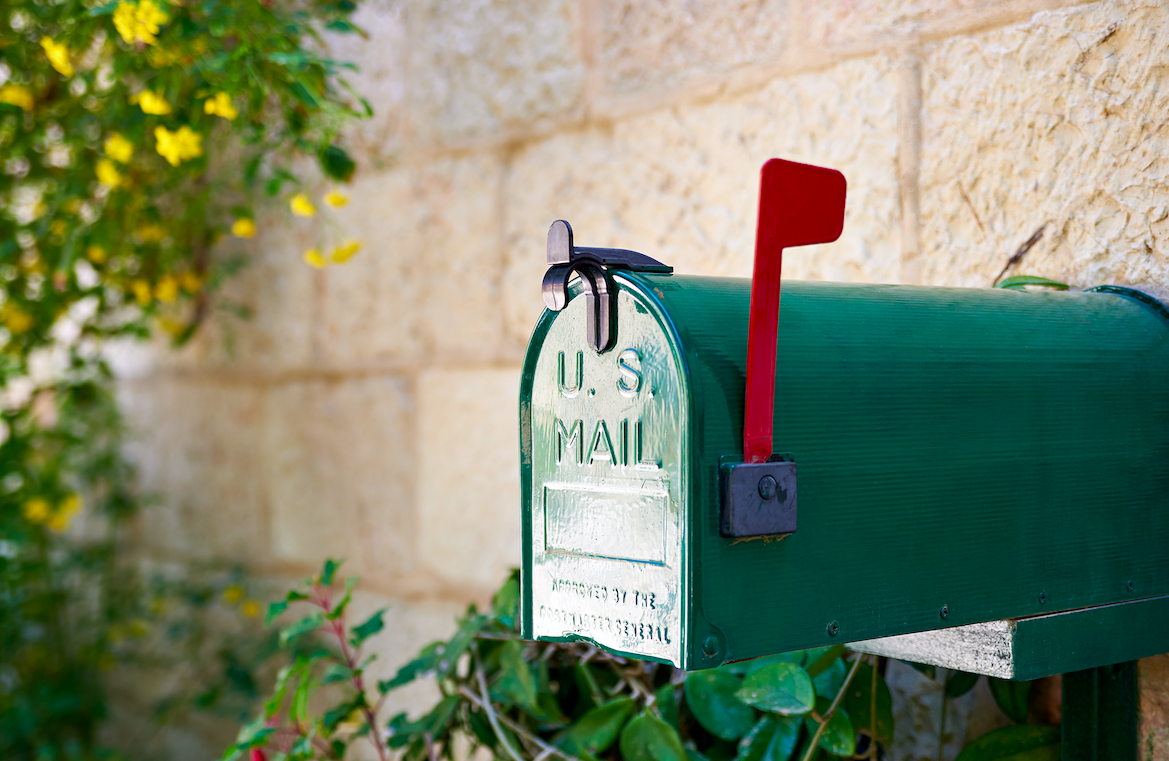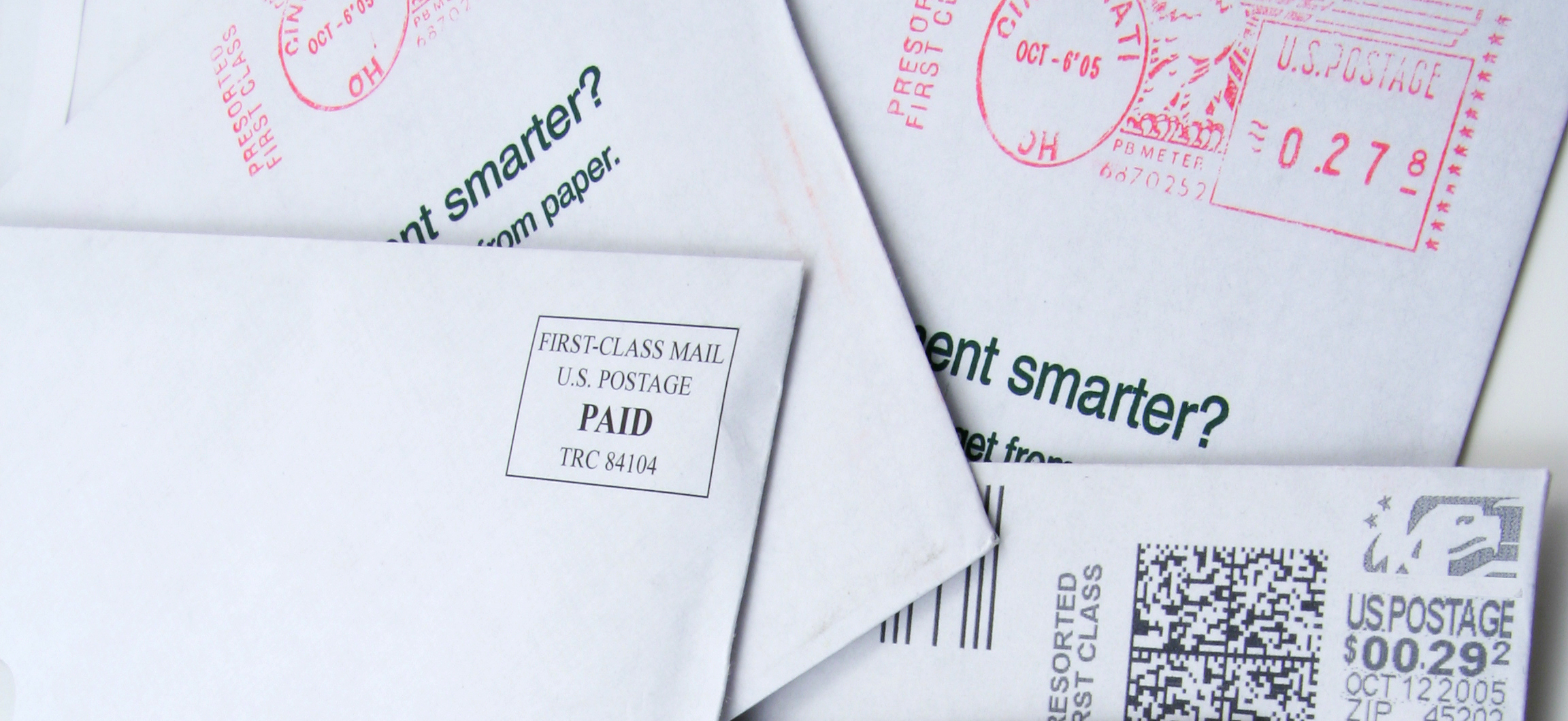Rating Scales are valuable measurement instruments in research. Researchers need to understand the properties of these scales, and their influences on the responses gathered from their use. Generally, balanced...
Many factors should be considered for a survey project to be a success, and as it turns out, only a couple of survey errors can lead to its downfall....
Have you ever thought about using “research” as a means of entry or acceptance to make a sales pitch for your company’s product or services? If so, you might...
Mail Survey Reminder is known to be effective in increasing response rates for mail surveys. Many studies have shown that an important factor in survey success is the number...
Providing survey incentives can significantly increase your response rate; however, it can also quickly drain your survey budget. So, don’t spend your resources aimlessly! Check out our list of...
Many researchers have found that prenotification mailings can increase the effectiveness of surveys. Prenotification mailings are used for initial contact with survey participants, not only in the mail survey...
Customer surveys are one of the best ways to learn about your organization’s products, services, strengths, and weaknesses. Unfortunately, doing a survey too often can lead to frustration and...
Are you wondering if you should send your mail survey so close to the holidays? Learn the two main reasons we urge you to think twice and what to...
One of the main reasons people don’t complete surveys is because they are too long and complicated. A long and complicated survey is like torture to potential respondents; it’s...
One of the most common questions in Mail Survey budgeting is the kind of postage to use. Depending on your survey you may be able to cut on cost...










